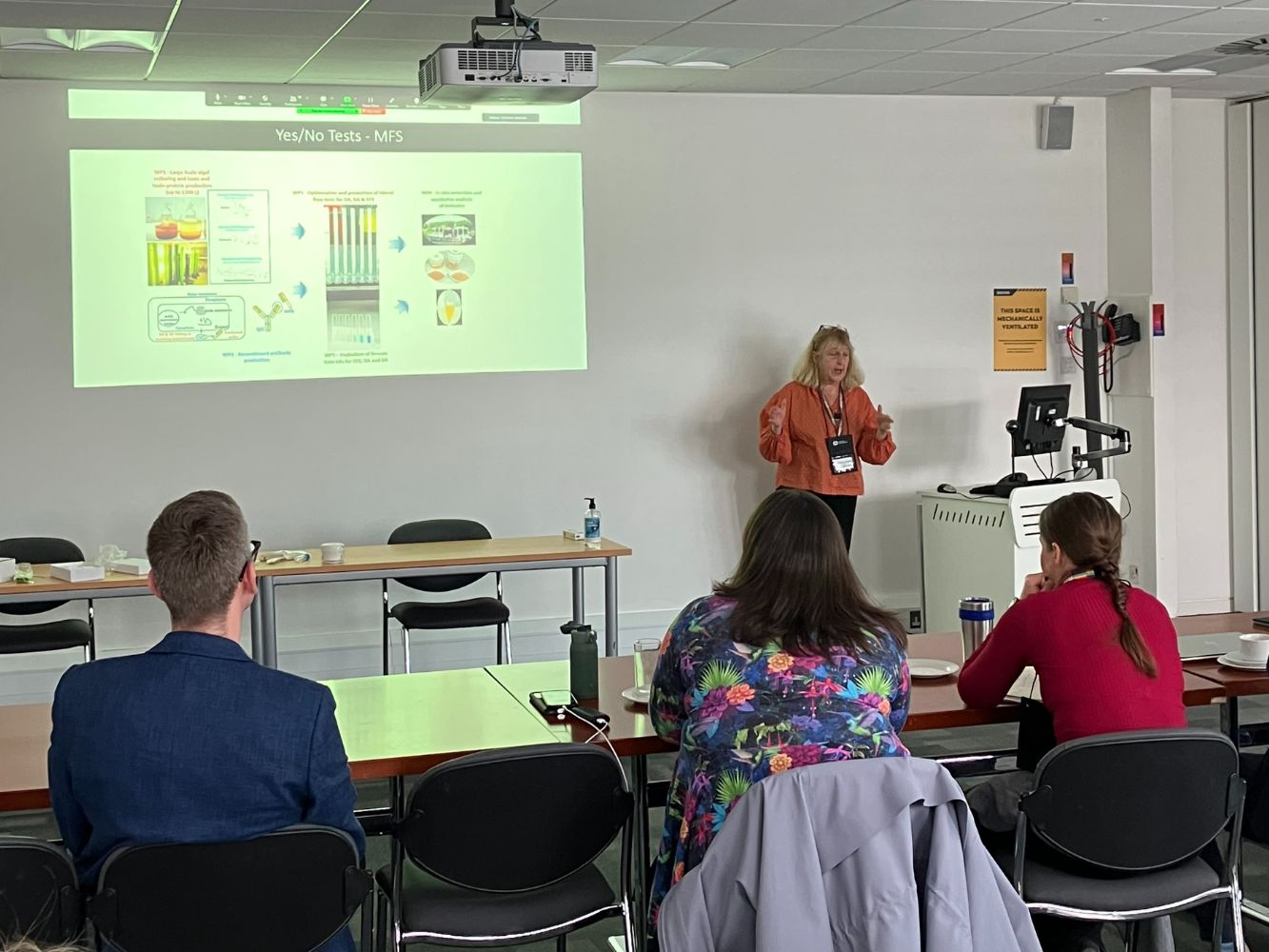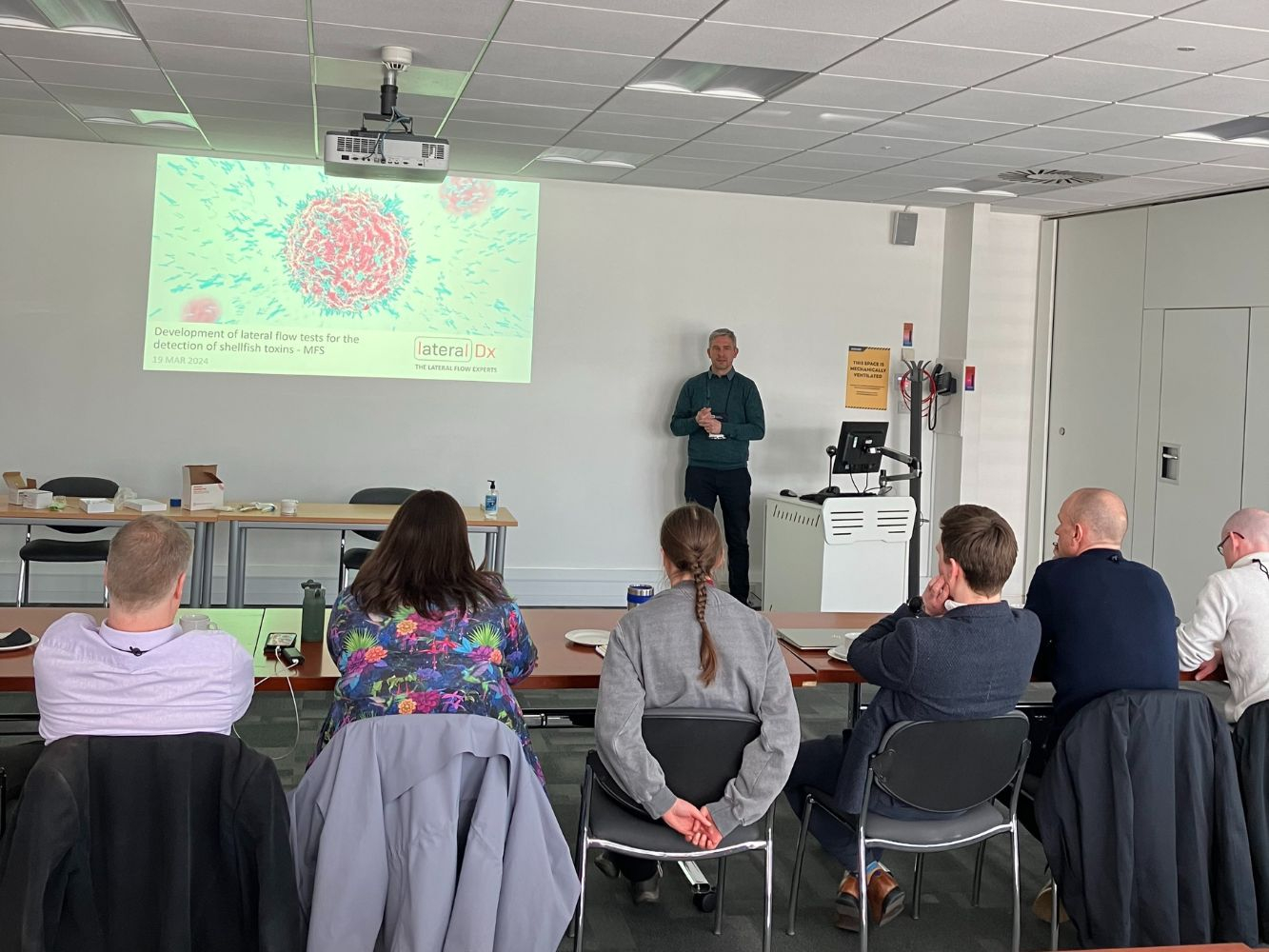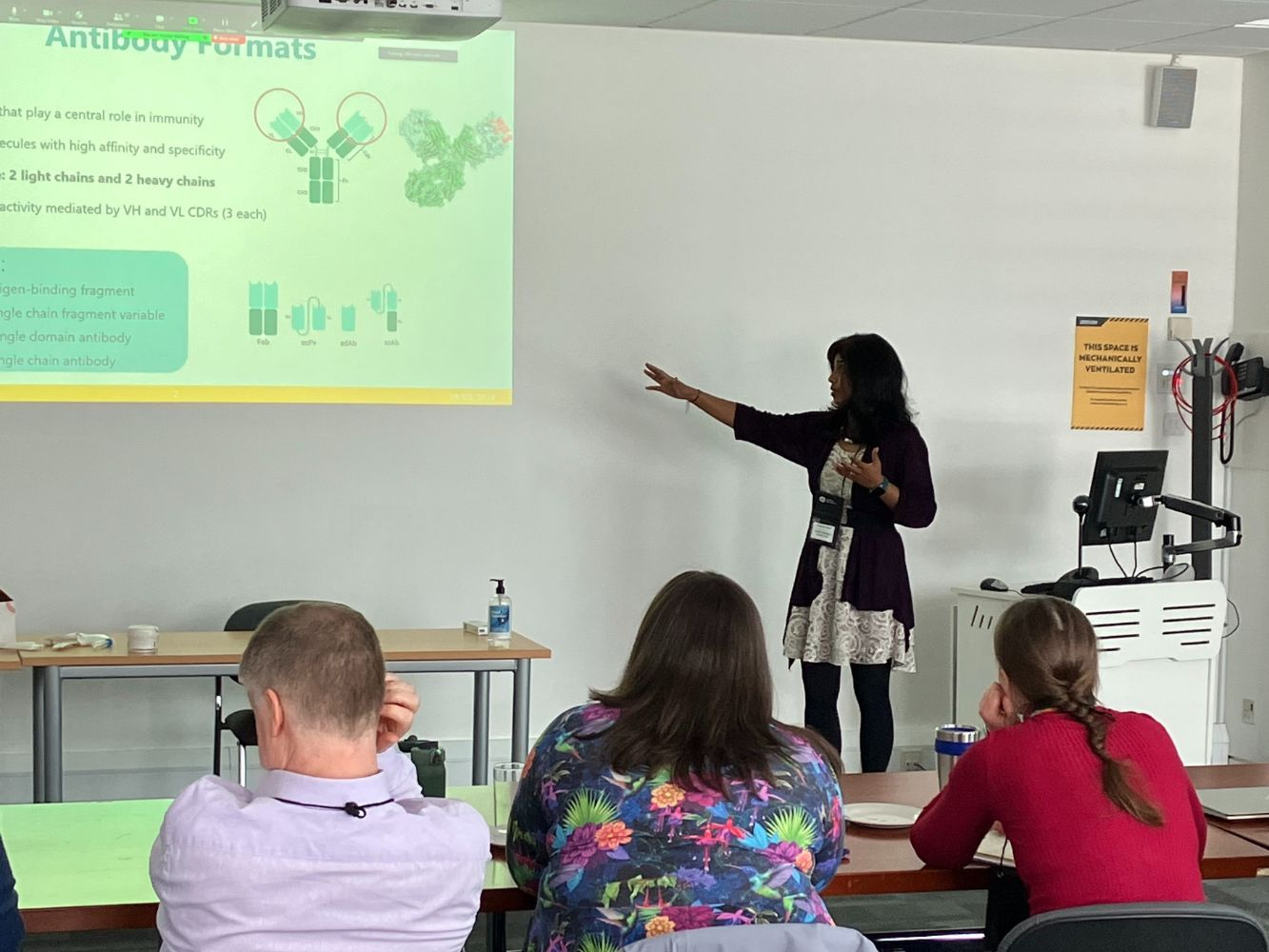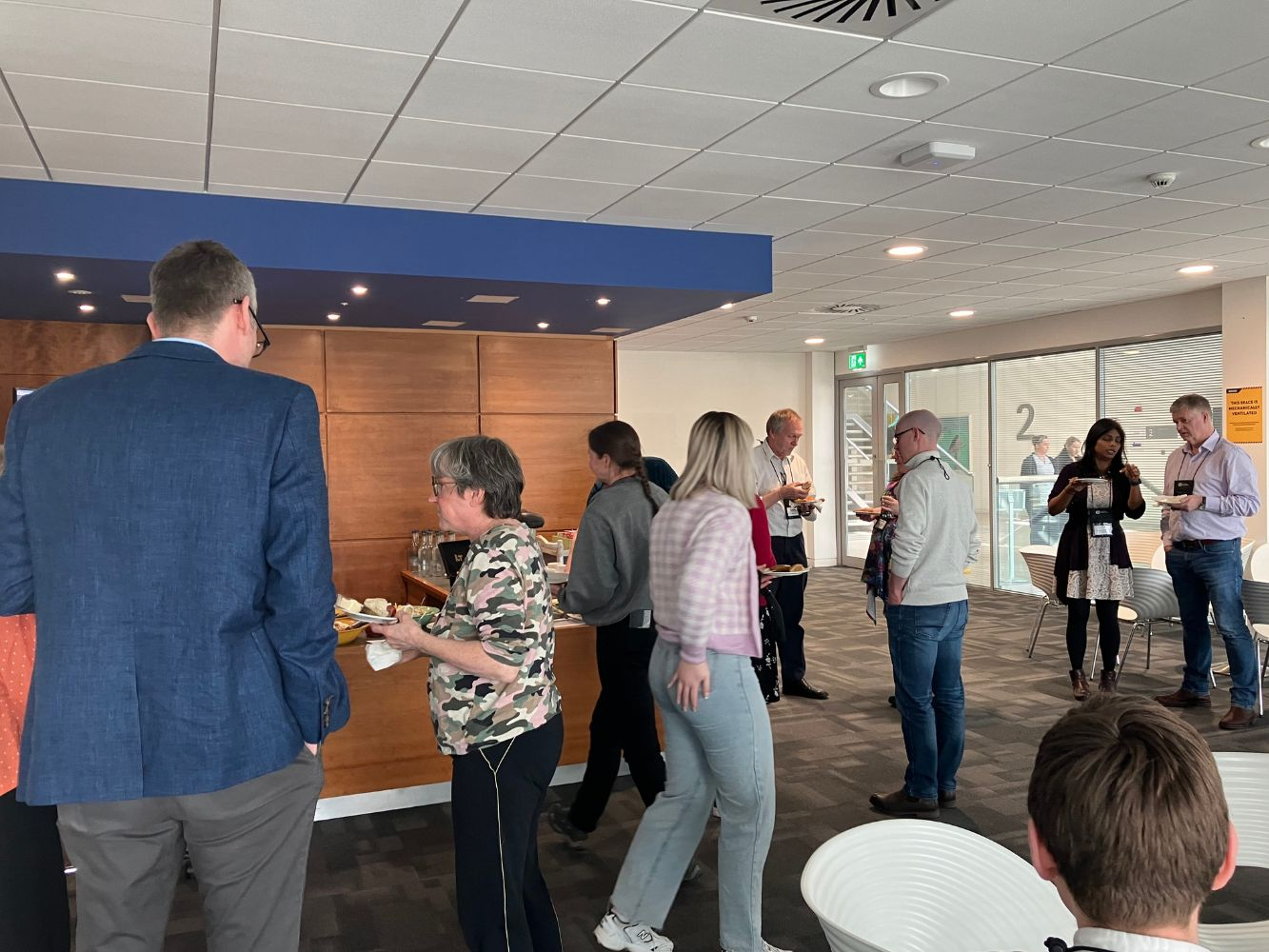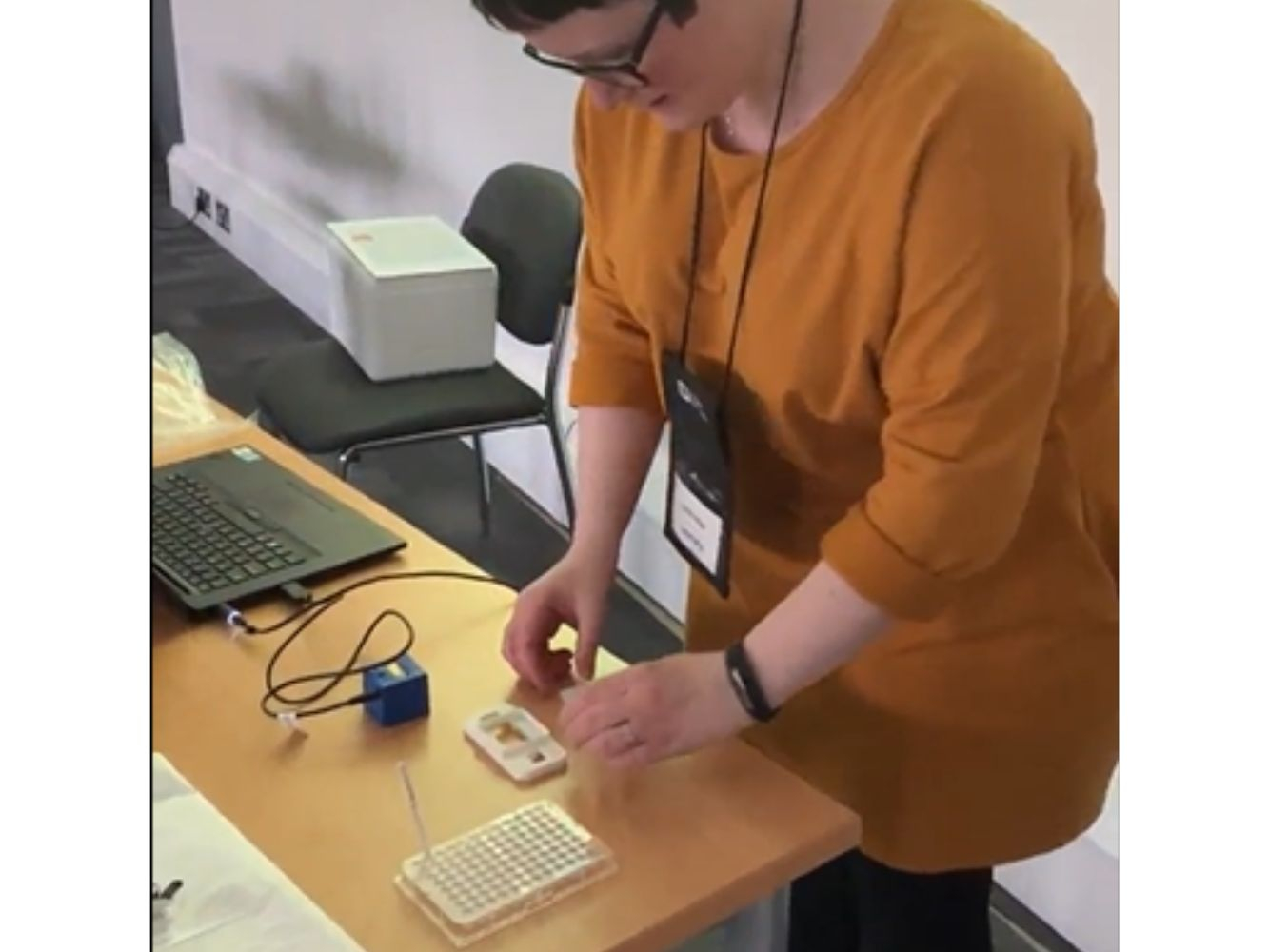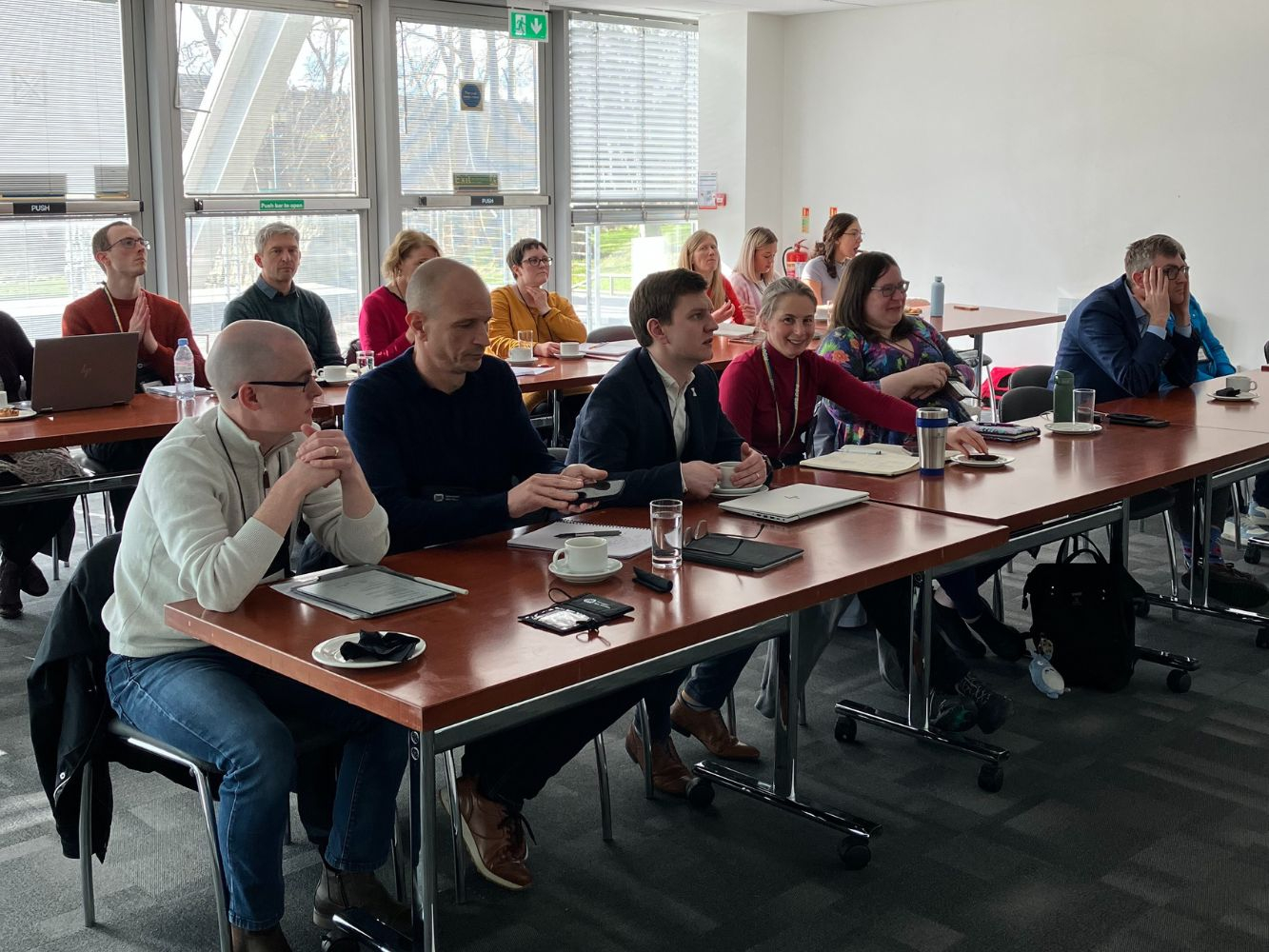CyanoSol Research: Rapid testing for shellfish toxins workshop review
On Tuesday 19 March, the CyanoSol research group hosted a hybrid workshop in the Ishbel Gordon Building at RGU to inform, discuss and demonstrate progress on the development of the rapid field test for DSP toxins in shellfish.
Shellfish aquaculture is a significant and growing sector in Scotland and provides high quality, nutritious and sustainable products for national and international markets. One of the challenges to this industry is the impact of toxic blooms of algae, commonly known as harmful algal blooms (HABs), which contaminate the shellfish, posing a risk to human health and an economic challenge to the shellfish producers.
These include amnesic (ASP), paralytic (PSP) and diarrhoetic (DSP) shellfish toxins. The industry has worked closely with Food Standards Scotland (FSS) to ensure protection of public health using end-product testing on-site, supported by the official monitoring programme. However, unfortunately most of the commercial tests are being withdrawn from the market.
CyanoSol research group (RGU), co-directed by Professors Linda Lawton and Christine Edwards and project partners Scottish Biologics Facility (SBF, University of Aberdeen) and Lateral DX Ltd., are dedicated to developing new field tests using recombinant antibody technology for simple, individual, yes/no tests for saxitoxin, domoic acid and okadaic acid, that can be used in the field. In parallel, the team are also working to produce a quantitative test which will report the amount of toxin per kg shellfish meat funded by the Seafood Innovation Fund (SIF).
The meeting was attended by Cefas, SAIC, SSMG, ASSG, West Coast Seafoods, FSS, Loch Fyne Oysters, Shetland Mussels, Loch Leven Shellfish and Jeltuc Seafare (Scotland) Ltd.
Dr Andrew Turner, Principal Chemist at Cefas, presented new data on lateral flow tests produced by AquaBC, a Chilean company. These kits were generally considered to need more work in order to make them fit for purpose.
The workshop was an excellent opportunity to bring the industry together and understand the best way forward given many producers will run out of the Neogen kits this summer.
Project partners involved in the delivery of the work packages presented their progress, challenges, and findings in the morning session, including Professor Christine Edwards, CyanoSol; Dr Soumya Palliyil and Dr Dan Smith, Scottish Biologics Facility, University of Aberdeen; and Richard Campbell, Lateral Dx.
High level scientific networking continued over lunch. The afternoon session included a demonstration of the quantitative lateral flow test, facilitated by Professor Christine Edwards and Lynn Allan, Development Scientist, Lateral Dx.
There was unanimous consensus at the end of the workshop that significant gains in product testing had been achieved.
All parties agreed to reconvene for a follow-up session in a few months, hosted by CyanoSol, following ongoing rigorous testing and fine tuning of the lateral flow test.

